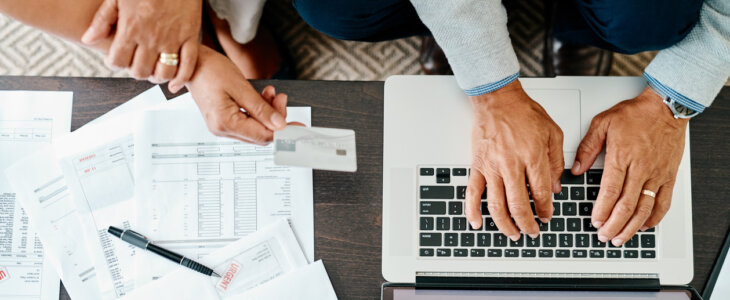If you are struggling to pay debts you cannot afford, a Massachusetts bankruptcy attorney can help you file bankruptcy to get rid of those debts. A Chapter 7 bankruptcy discharge eliminates most debts. However, some debts are not discharged through bankruptcy. Keep reading to learn what debts cannot be discharged in Chapter 7 bankruptcy.
What Debts Can I Discharge in a Massachusetts Chapter 7 Bankruptcy Case?
Bankruptcies are governed by federal law. A bankruptcy can discharge most unsecured debts. An unsecured debt is an amount you owe that is not secured by collateral. Examples of unsecured debts that may be discharged in Chapter 7 include:
- Credit cards
- Medical bills
- Old utility and rent bills
- Personal loans
- Most judgments
There is no legal liability to repay a discharged debt. Creditors are prohibited by bankruptcy law from trying to collect a discharged debt.
However, some unsecured debts are not discharged in bankruptcy. Examples of debts that are not discharged in Chapter 7 include but are not limited to, most student loans, taxes, child support, alimony, judgments related to DUI accidents, and most debts owed to the government. Your legal liability remains for those debts even though you receive a bankruptcy discharge.
Secured Debts in a Chapter 7 Bankruptcy Case in Massachusetts
The liability for a secured debt can be discharged in a Chapter 7 bankruptcy case. However, the bankruptcy does not remove the lien on the collateral.
Secured debts have collateral pledged to repay the debt if the person defaults on the loan. For example, if you stop paying your car loan, the lender can repossess the vehicle and sell it to pay the debt. If you file a Chapter 7 bankruptcy, you must continue paying your car loan or surrender your vehicle. If you surrender your vehicle, the debt is satisfied in full and discharged.
What Can I Do if I Have Debts That Are Not Discharged in Chapter 7 Bankruptcy?
A Chapter 7 case discharges most of your unsecured debts. The financial relief of not owing discharged debts may help you pay debts that are not discharged. You may also consider filing Chapter 13 to repay those debts.
Many debts not discharged in Chapter 7 must be repaid in full through a Chapter 13 plan. For example, you must pay most personal tax debts and past due child support and alimony through a Chapter 13 plan. As a condition of your Chapter 13 plan, you must remain current on future alimony, child support, and tax payments during the bankruptcy case.
Student loans are not repaid in full through the Chapter 13 plan unless you pay all unsecured debts in full. A Chapter 13 plan lets you catch up on past-due car loans and mortgage payments to prevent foreclosures and repossessions.
Learn More About Chapter 7 Bankruptcy and Discharged Debts
Contact Logan A. Weinkauf, P.C., to speak with a Massachusetts bankruptcy attorney about your situation. Chapter 7 bankruptcy may give you the fresh start you need by wiping out debts you cannot pay. Learn more today during a free case evaluation.

